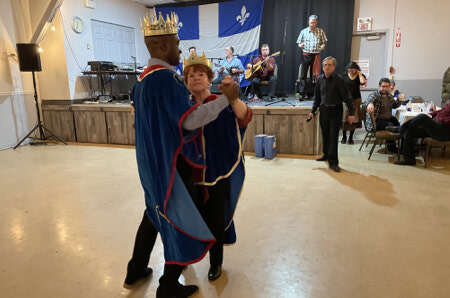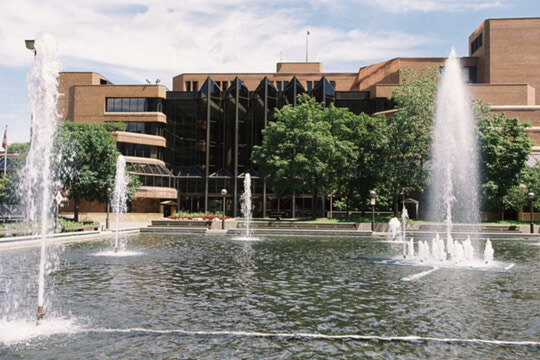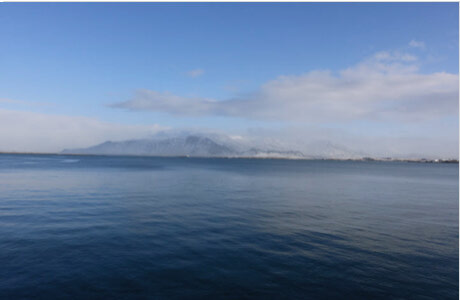Gatineau continues its commitment to the Algonquin Anishinabeg First Nations of Kitigan Zibi
Acting on policy: New person takes on job with city
Mélissa Gélinas
The new Indigenous partnership advisor was introduced to Gatineau at Gatineau's Quality of Life committee (Commission-du-vivre-ensemble) meeting, November 14. At the committee meeting, Roxanne Lauzon Rankin, Apitipi Anicinapek gave an outline of her role as Regional Indigenous Partnership Advisor, as well as the status of the Indigenous Initiative.
More specifically, the goal is to work towards reconciliation by developing various strategies to facilitate it. “My mandate is to develop and maintain partnerships between the regional Indigenous community,” explains Lauzon Rankin. “This includes citizens, agencies, different organizations, partner institutions at the Pôle en enseignement supérieur de l'Outaouais (PESO) as well as with the Ville de Gatineau,” she adds. “I help the various teams to work well on Indigenous issues by providing them with advice and support [...]”.
A number of new organizations and projects are currently being set up on the city's territory. “It's important to consult the Indigenous communities and develop a relationship of trust with them,” she says.
There are a huge number of files concerning Indigenous issues, services, committees, and projects. “We are currently working on a project with the President of Higher Education regarding bullying experienced by Indigenous students in schools,” she points out. “The project should be presented at the end of February, as part of anti-bullying week,” she continues.
“At the city level, we have an entire liaison for consultations with indigenous communities, whether in terms of urban planning, sustainable development, mobility services or citizen interaction,” she says.
To coordinate everything properly, it's important to draw up a list of everyone's needs, both Indigenous and non-Indigenous. “We have to ask ourselves what the needs of non-Indigenous are, in order to work well with these communities,” she asks. “What do natives need?” she continues.
To this end, an action plan has been drawn up to identify the strengths and weaknesses, opportunities and challenges facing Indigenous peoples. This plan can be implemented both within the municipality and within PESO institutions. “Right now, one of the biggest issues is the nuclear plant at Chalk River (nuclear reactor incident in 1952, contaminating water and air),” says Lauzon Rankin.
“One of the main observations I've made is that there are no or very few policy procedures, formal written processes,” she mentions. “We have to deal with a lot on a case-by-case basis,” she adds. “Indigenous files are worked on, but not in a uniform or structured way. I have, however, seen a strong desire to work together.
According to Lauzon Rankin, optimizing resources and development will undoubtedly increase the visibility of concrete actions and enable them to be implemented more quickly. In particular, several PESO-led autochtonization committees are being set up in educational institutions such as UQO, Cégep de l'Outaouais and Collège Héritage.
(Trans. : WP)






